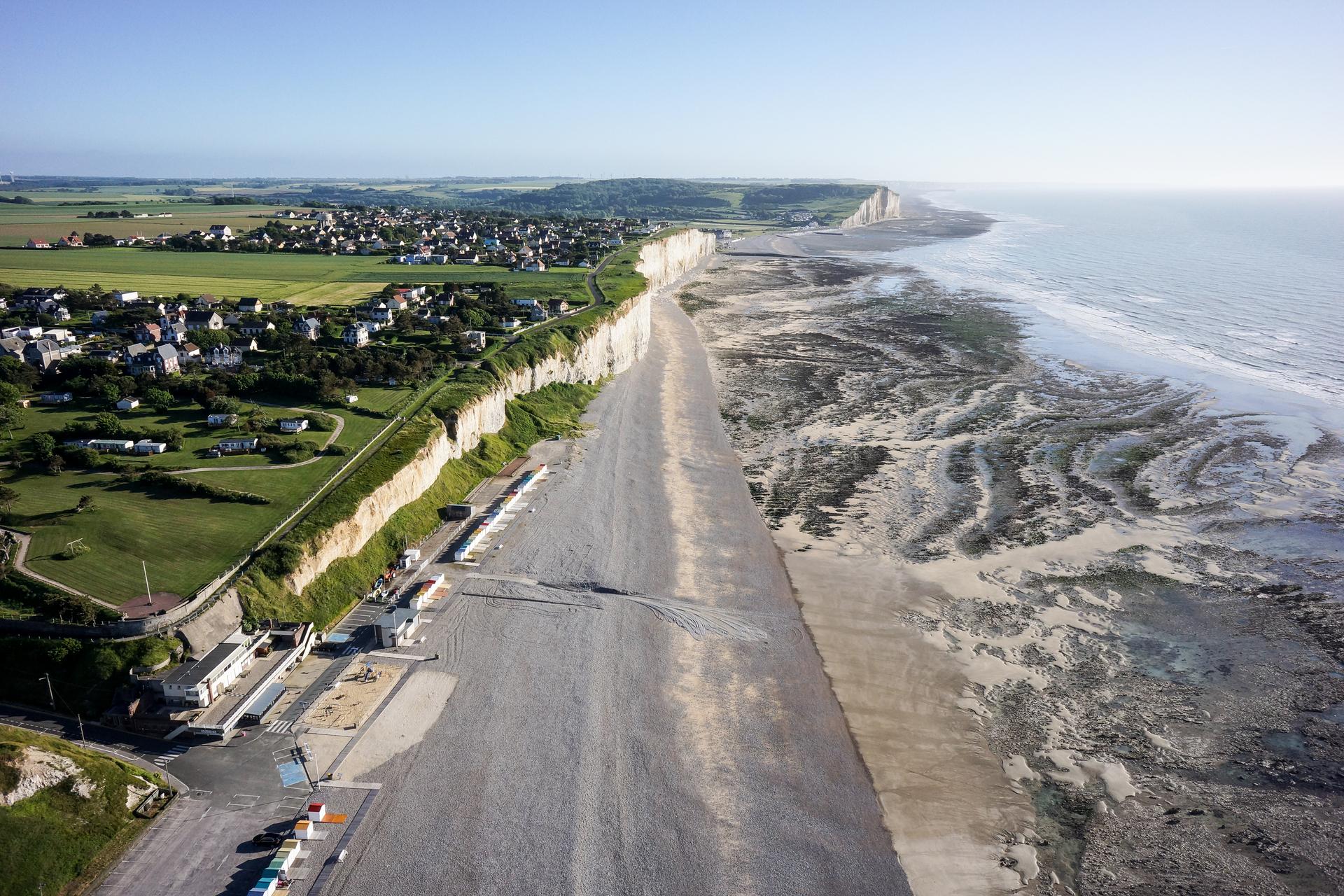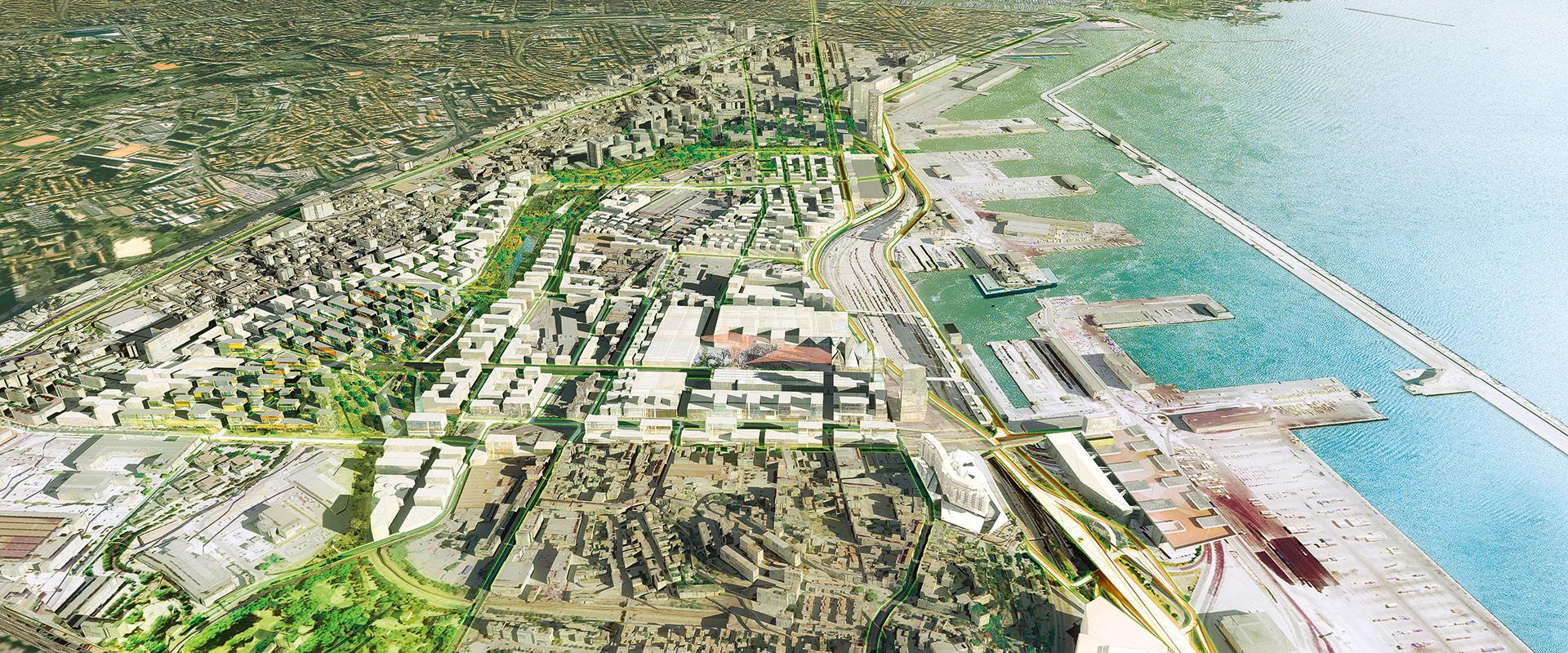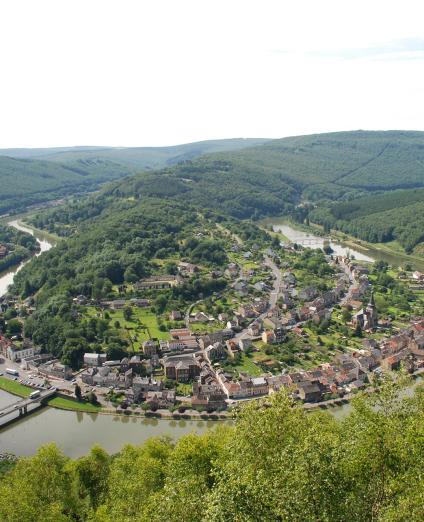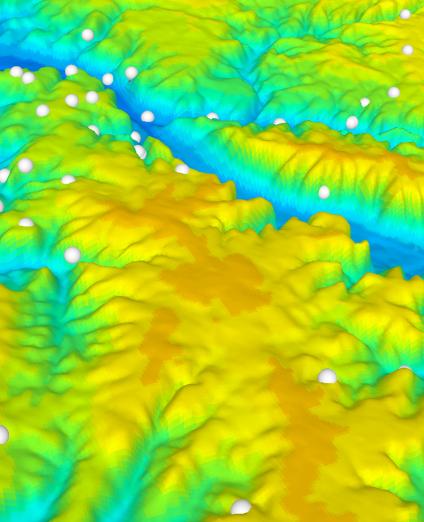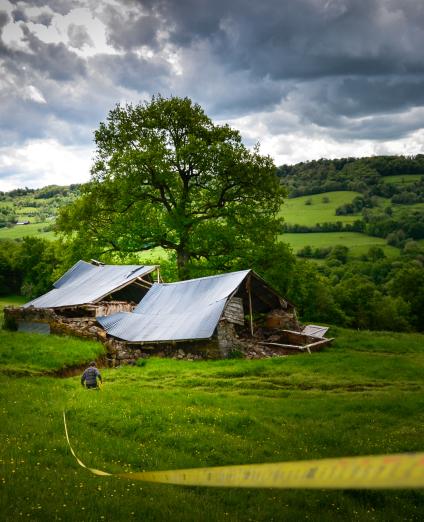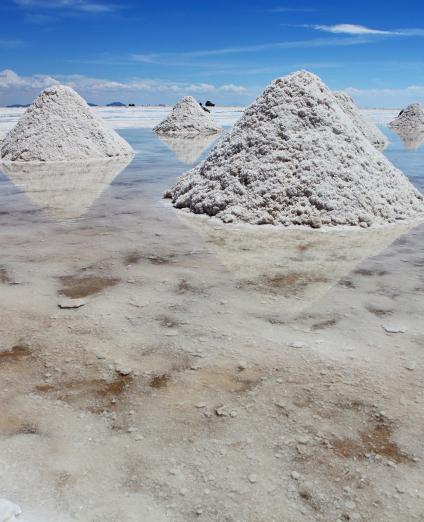The Salon des Maires et des Collectivités Locales, which has been held in partnership with the AMF for nigh on 20 years, in conjunction with the Congrès des Maires de France and the Congrès des Présidents d'intercommunalité, is the event that draws the largest number of elected representatives and local and regional stakeholders, all of whom manage and develop local and regional affairs on a daily basis.
BRGM will be participating in order to meet its local partners to whom it provides input for shaping public policies.
Practical information
- Date: 21 and 23 November 2022
- Venue: Paris - Porte de Versailles
- BRGM stand: Pavilion 3 - D26
Climate competence, a prerequisite for meeting the challenges facing your region
Atmosphere-related Ecological Planning - Pavilion 3 - Tuesday 21 November 2023, 1.30 pm - 2 pm
Regions and industries, all of whom are socio-economic stakeholders, are facing an acceleration in the impacts of climate change.
But what exactly are we referring to? Find out what our experts have to say (IPCC, RGA, etc.).
- Organised by BRGM
- Panel moderator: Eulalie Ramat, Educational Engineer, BRGM
- Speakers:
- Gonéri Le Cozannet, Research Engineer, BRGM
- Sébastien Gourdier, Head of the Gravity Instability and Slope and Soil Erosion Risks Unit, BRGM
A tool for comprehensive regional planning: Saterre
Risk Management and Regional Resilience Lab - Pavilion 4 - Tuesday 21 November 2023 - 2.45 pm - 3.15 pm
Terranis, supported by BRGM and its partners (SCE, Valgo), presents an integrated decision-making tool for sustainable development projects, bringing together key data to adapt regional strategies and improve urban zoning laws.
- Organised by BRGM
- Panel moderator: Victor Liger, Innovation Manager, BRGM
- Speakers:
- Nicolas Lagarrigue, Head of Greencity, Terranis
- Clément Murgue, Head of Agriculture and Environment, Terranis
- Sébastien Jaffrot, Deputy Director of Risks and Prevention, BRGM
Decarbonising under resource constraints: local and regional solutions
Regional Adaptation Lab - Pavilion 3 - Tuesday 21 November 2023 - 5.45 pm - 6.15 pm
INEC has carried out a study with Capgemini to investigate the low-carbon transition and critical mineral and natural resources up to 2050. It reveals that the National Low Carbon Strategy (SNBC - Stratégie Nationale Bas Carbone), France's roadmap for decarbonisation, does not take sufficient account of the resource constraints on its implementation, especially in the context of a linear economy system. This year, INEC launched a follow-up to the study, entitled "SNBC sous contrainte de ressources" (SNBC under resource constraints). The aim of this second study is to analyse six resources that are essential to the French economy, the existing sustainable solutions and the obstacles they face. The aim is to come up with a strategy for the measures to be taken, in conjunction with sectoral stakeholders, to accelerate the transition to a circular economy. At this conference, INEC will announce the release of the study in February and the six resources studied.
- Organised by INEC
- With the participation of Patrick d'Hugues, Director of the Mineral Resources and Circular Economy Programme, BRGM
Coastal regions in danger: more thorough anticipation in order to adapt accordingly Turnkey tools
Risk Management and Regional Resilience Lab - Pavilion 4 - Wednesday 22 November 2023 - 10.15 am - 10.45 am
Climate change is accelerating, and the consequences for our coastal regions are obvious: rising sea levels, coastal erosion and increasingly violent storms. These phenomena jeopardise our infrastructures, our local economies and our citizens' quality of life. Technologies, particularly satellite data, can provide us with essential information for understanding and anticipating changes to our coastal regions.
- Organised by CNES
- With the participation of Gilles Grandjean, Programme Director for natural risks and regional resilience at BRGM
Shrinkage and swelling of clay soils (RGA - Retrait et gonflement des sols argileux) and urban cavities: how do we deal with these silent hazards, which have the most devastating economic impact on homes and public infrastructures?
Risk Management and Regional Resilience Lab - Pavilion 4 - Wednesday 22 November 2023 - 2 pm - 2.30 pm
Extreme phenomena, the consequences of climate change, are now well understood: droughts, heat waves, erosion, floods, coastal flooding, etc. On each occasion, violent episodes that are more and more frequent leave scars on our lives and regions, becoming ever more costly in terms of damage and the economic impact. Relatively light structures such as houses and roads, built on clay soils that are highly deformable and susceptible to shrinkage and swelling, suffer more damage from drought. What are the prevention methods and remedial solutions for reducing the vulnerability of buildings to RGA and making them more resilient to the impact of climate change?
- Organised by CEREMA
- With the participation of Sébastien Gourdier, BRGM
Improving risk awareness among individuals and local authorities: a new version of the Géorisques website
Risk Management and Regional Resilience Lab - Pavilion 4 - Wednesday 22 November 2023 - 2.45 pm - 3.15 pm
In October 2022, Géorisques began its first phase of development, with the aim of raising awareness of major-risk prevention among individuals and local authorities. Now, in November 2023, the Géorisques website is taking this approach one step further by revamping the "Risks near me / Risks in my municipality" report and developing the site's editorial content.
- Organised by BRGM
- Panel moderator: Thierry Vilmus, Project Manager, BRGM
- Speakers:
- Marielle Arregros-Rouvreau, Communications Correspondent, BRGM
- Toufik El-Haddik, User Support expert, BRGM
- Nicolas Bonnin, Project Manager, Ministry of Ecological Transition and Territorial Cohesion / DGPR
Excavated soil management 3.0
Regional Adaptation Lab - Pavilion 3 -
Wednesday 22 November 2023 - 3.30 pm - 4 pm
The management of excavated soil has been subjected to a number of regulatory changes in recent months, with the deployment of several tools designed to facilitate the monitoring of flows and enable them to be traced (RNDTS, TERRASS) and to encourage their re-use through a circular economy approach. The aim of the conference is to make it easier for local and regional authorities and public contracting authorities to adopt this approach.
- Organised by BRGM
- Panel moderator: Samuel Coussy, expert in excavated soil management, BRGM
Speaker: Noémie Dubrac, expert in excavated soil management, BRGM
